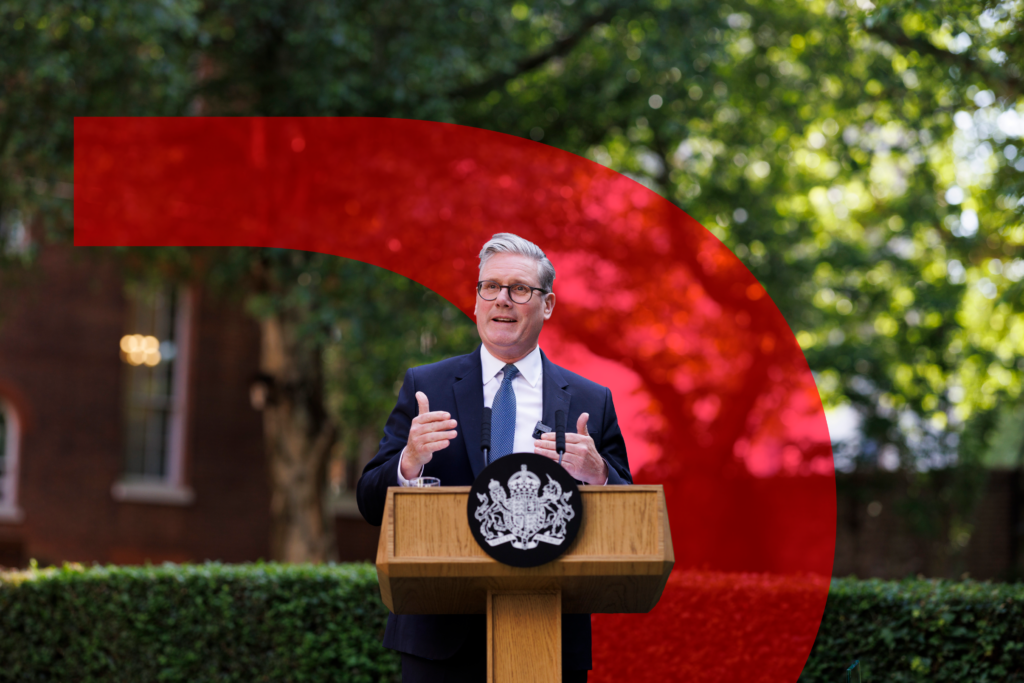While geopolitical uncertainty and an eroding international order have been the dominant trends since the publication of our last Soft Power 30 report, the importance of soft power as a tool of foreign policy has remained constant.
As governments grapple with a volatile international political landscape and look to adjust their foreign policy strategies accordingly, they will need to re-evaluate their current approach to generating and leveraging soft power. The first step will be establishing a clear account of their current soft power resources. From the outset of The Soft Power 30 series, we have sought to provide useful insights and practical guidance to do exactly that: identify and measure the sources of soft power.
In addressing the measurement challenge, our mission has been to bring structure to the complexity of soft power’s diverse and numerous sources. At the same time, we have endeavoured to set our research in the global political context of the day. In 2019, that context sees us continuing towards a multipolar and interdependent world, albeit one held together by a creaking system of rules and norms. Power has become more diffuse, moving not just from West to East, but also away from governments, as more non-state actors play larger roles in driving global affairs. Greater interdependence –driven by the forces of globalisation, the digital revolution, and even climate change – is now testing the limits of the global governance structures that facilitate cooperation and manage conflict.
Globalisation and technology are experiencing an intense backlash as political movements rail against international flows of trade, capital, and people, and scrutinise technology’s role in our lives. While greater interdependence has created both challenges and opportunities, the erosion of the rules-based international order adds a new dimension of hazards and risks.
Indeed, from 2018 to 2019, the central foreign policy debate has moved on from concern over the possible collapse of the rulesbased international order to how governments should respond as that collapse unfolds. This 2019 Soft Power 30 report begins with a contextual analysis of the current state of global geopolitics. Reviewing how this debate on the global order has moved on, we consider the different types of foreign policy responses being put forward by leading foreign policy thinkers and outline their implications for soft power.
In setting this year’s Soft Power 30 report in such a grave context, we hope to return discussion on soft power to its conceptual roots and definition as a critical foreign policy tool used to align values, norms, objectives, and ultimately action through attraction and persuasion. Moreover, we need to concentrate minds on the importance of soft power in protecting core national interests, maintaining regional pockets of order, and – eventually – overhauling the structures of the global order such that they are fit for purpose. The ability to bring soft power to bear in these efforts will be a tremendous advantage to countries that are determined to shape the future of global affairs.
The report concludes with a final reflection on the key lessons and trends from the 2019 index, and a look to the year ahead.






